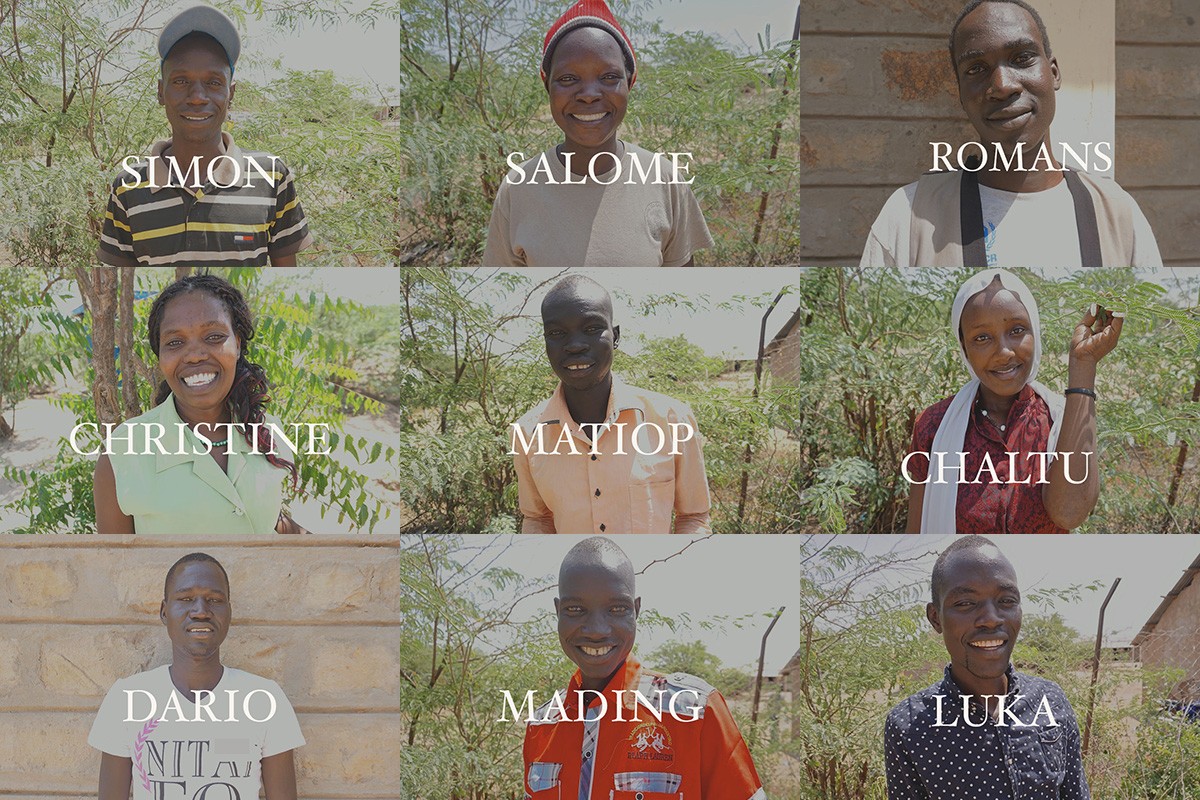“We must recognize the inspiring and transformative role that teachers working in armed conflicts, forced displacement, climate change-induced disasters and protracted crises play in their students’ lives,” assert Teachers College’s Mary Mendenhall and co-authors in an opinion piece published on World Teachers Day by Inter Press Service, a Rome-based news agency that covers the global south.

ON THE FRONT LINES Based on her work in Kenya's Kakuma Refugee Camp, Mary Mendenhall, Associate Professor of Practice, has developed methods and materials to train and support refugees as teachers that are now in use in 20 nations worldwide. (Photo: TC Archives)
“While [teachers] work tirelessly to provide psychosocial support to their students, they are rarely provided with this support themselves,” write Mendenhall, Associate Professor of Practice in TC’s Department of International & Transcultural Studies; Yasmine Sherif, Director of Education Cannot Wait; and Dean Brooks, Director of the Inter-agency Network for Education in Emergencies (INEE). In fact, they point out, teachers working in crises often go unpaid — for example, in Yemen, where 160,000 teachers and school-based staff have not received regular salary payments since 2016 due because of famine, conflict and spread of disease.
We must recognize the inspiring and transformative role that teachers working in armed conflicts, forced displacement, climate change-induced disasters and protracted crises play in their students’ lives.
—TC Associate Professor of Practice Mary Mendenhall and co-authors Yasmine Sherif, Director of Education Cannot Wait, and Dean Brooks, Director of the Inter-agency Network for Education in Emergencies
Noting that the lives and education of some 75 million children had been disrupted even prior to the COVID pandemic, the authors flag efforts by Education Cannot Wait and INEE to develop a new a toolkit that focuses on teacher well-being, particularly in emergency settings. They also call for several concrete measures to improve support for teachers in emergency contexts. These include prioritizing teachers “from the very onset of an emergency, through to recovery and development, with increased financial investments, better data, and effective planning” (including ensuring sufficient presence of female and minority teachers), and “respect[ing] teachers, including volunteers and facilitators, as individuals and professionals with appropriate and equitable recruitment policies, pay and employment terms, and working conditions.”
[Read the full text of “Teachers Shoulder the Burden: Improving Support in Crisis Contexts,” the opinion piece published by Mendenhall, Sherif and Brooks.]
Mendenhall has been one of the world’s driving forces in refugee education. During the past several years, as part of INEE’s Teachers in Crisis Contexts Collaborative, she has spearheaded Teachers for Teachers, a research-based teacher professional development initiative operating in Kakuma Refugee Camp, Kenya, that delivers teacher training, coaching, and mobile mentoring. The method and open-source materials developed by Mendenhall and her students to train and support refugees as teachers is now in use in 20 nations worldwide. Mendenhall is currently leading a four-year research study on teacher and student well-being in northern Uganda and South Sudan.
[Visit “Teachers Voices,” a gallery of stories and videos about teachers working with refugee populations compiled by Mendenhall and her students.]
